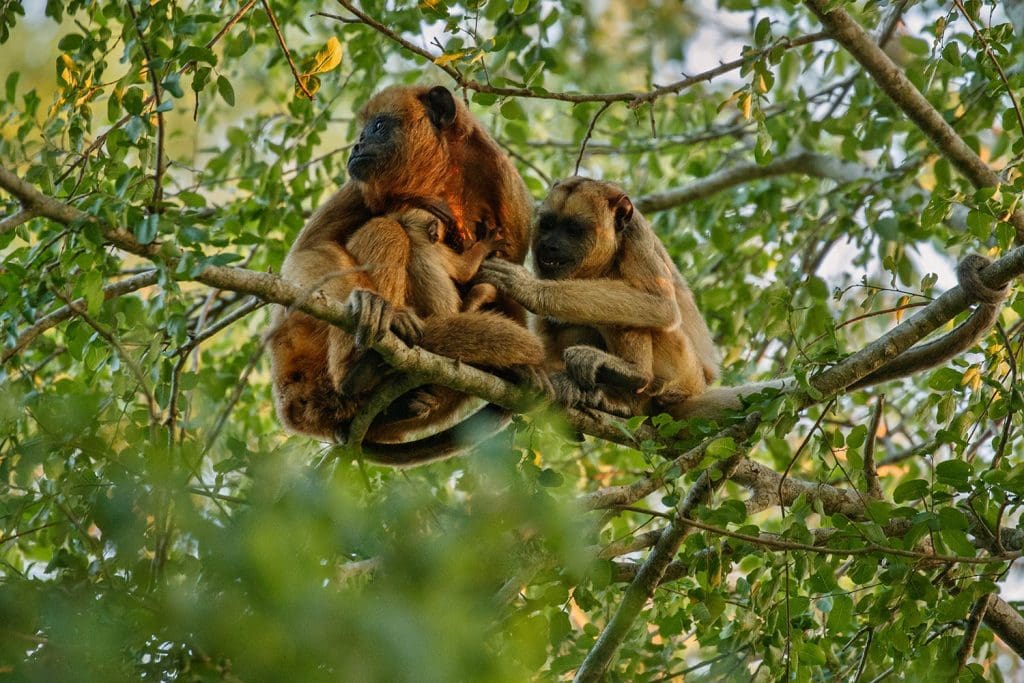Biodiversity Hotspot: Exploring the Unique Flora and Fauna of Brazil

Brazil, a country known for its vibrant culture and iconic landscapes, is also a global hotspot for biodiversity. The diverse ecosystems that span the vast expanse of this South American nation house an extraordinary array of flora and fauna, making Brazil a critical player in the preservation of Earth’s biological richness.
The Amazon Rainforest:
At the heart of Brazil’s biodiversity lies the Amazon Rainforest, often referred to as the “lungs of the Earth.” Encompassing over 60% of the country’s total land area, the Amazon is home to an astonishing variety of plant and animal species. From the majestic jaguar to the elusive poison dart frog, the rainforest teems with life, showcasing the interconnectedness of its intricate ecosystems.
Endemic Species in Brazil:
Brazil boasts an impressive number of endemic species, found nowhere else on the planet. The golden lion tamarin, a charismatic primate with a distinctive golden mane, is one such example. These endemic species contribute to the country’s unique ecological identity and underscore the importance of conservation efforts.
The Atlantic Forest:
Stretching along Brazil’s eastern coast, the Atlantic Forest is another biodiversity hotspot that demands attention. Despite being one of the most threatened ecosystems globally, this region harbors a wealth of plant and animal species, including the endangered golden-headed lion tamarin and the woolly spider monkey. Conservation initiatives aim to safeguard the remaining fragments of this crucial biome.
Pantanal Wetlands:
Moving westward, the Pantanal wetlands present a stark contrast to the dense rainforests. This expansive floodplain supports an astonishing diversity of aquatic life, including caimans, capybaras, and an abundance of bird species. The Pantanal serves as a critical habitat for migratory birds, emphasizing its importance in maintaining global biodiversity.
Challenges and Conservation:
Despite its ecological significance, Brazil faces numerous challenges in preserving its biodiversity. Deforestation, illegal logging, and agricultural expansion threaten the delicate balance of these ecosystems. Conservation organizations and government initiatives are working tirelessly to address these issues, implementing sustainable practices and protected areas to safeguard the country’s natural heritage.
Indigenous Wisdom and Stewardship:
Indigenous communities in Brazil play a pivotal role in biodiversity conservation. Their deep connection to the land and traditional knowledge contribute to sustainable practices that have preserved ecosystems for generations. Collaborative efforts between indigenous groups and conservation organizations exemplify the potential for harmonious coexistence between humans and nature.
Brazil’s status as a biodiversity hotspot underscores the global responsibility to protect and preserve its unique ecosystems. From the Amazon Rainforest to the Pantanal wetlands, the country’s diverse landscapes are a testament to the intricate web of life that must be safeguarded for future generations. Through international collaboration, sustainable practices, and a commitment to conservation, we can ensure that Brazil’s flora and fauna continue to thrive in this remarkable corner of the Earth.
